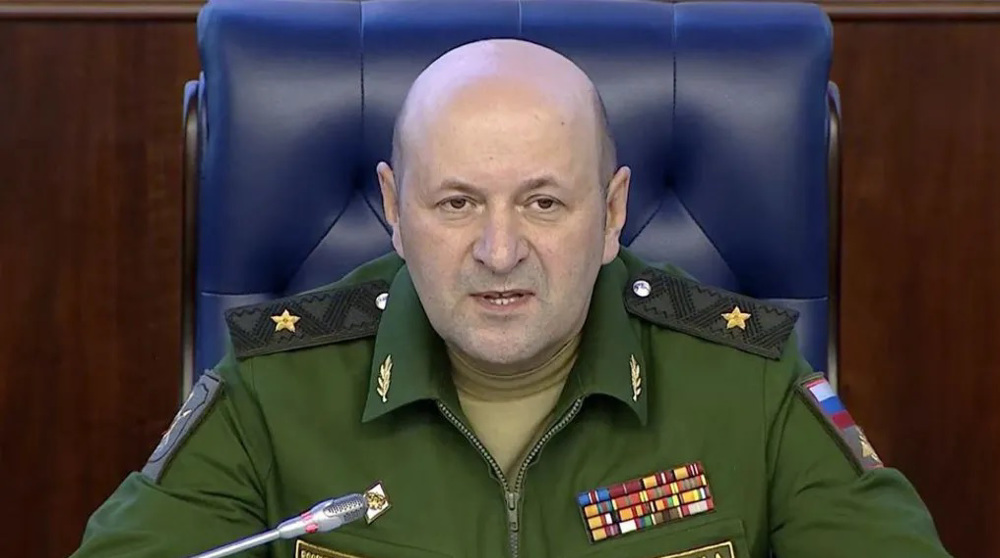Russian MP slams EU army idea as "provocative"
A leading member of Russia’s legislative State Duma has slammed the idea of establishment of a common EU army as "provocative."
"In the nuclear age extra armies do not provide any additional security. But they surely can play a provocative role," said State Duma’s First Deputy Chairman of the United Russia Faction Frants Klintsevich in a press briefing on Sunday.
He expressed regret that such a proposal had already received some support.
The reaction by the Russian lawmaker came after President of the European Commission (EC) Jean-Claude Juncker called on Sunday for the creation of a European Union army during an interview with the German weekly Welt am Zontag.
Juncker further stated that the formation of a European armed forces would signal to Moscow the 28-nation bloc is “serious about upholding the values of the European Union.”

The Russian lawmaker, however, insisted that the idea of establishing a European army had never occurred to anyone even in the years of intense confrontation between NATO and the Warsaw Treaty Organization.
"One should presume that a European army is seen as an addendum to NATO. And in this kind of situation Western politicians are not shy to accuse Russia of some aggressiveness," Klintsevich emphasized as quoted in the report.
"These days, when the Warsaw Treaty is long gone, for some reason there has developed a need for that," he noted.
Welt am Zontag also reported that Juncker has won the backing in the German legislature, including from chairman of Germany’s foreign affairs committee Norbert Rottgen who said it is time to put such a proposal into action.
The proposals to extend EU’s military capabilities come amid tensions between European countries and the US over the Ukrainian crisis. The Western governments accuse Russia of destabilizing Ukraine, an allegation which Moscow has repeatedly denied.
Meanwhile, NATO plans to expand its military presence in Eastern Europe amid the crisis in Ukraine and has held numerous war games over the past year. In 2014, NATO forces held some 200 military exercises, with the alliance’s General Secretary Jens Stoltenberg having promised that such drills would continue.
Moscow has repeatedly condemned NATO’s exercises and military buildup toward its borders.
MFB/KA
Spain jurists demand ties with Israel ties be cut
VIDEO | Press TV's news headlines
VIDEO | Iran honors top Science Olympiad medalists
VIDEO | Austrians arrested at Gaza protest in Vienna
10 killed in bus crash in western Iran
VIDEO | One-man-band journalism with Civili
5 Israeli forces killed as Palestinian fighters face up to regime’s war machine
VIDEO | An insider's view of the country: Persian Tahini, Royan in Mazandaran










 This makes it easy to access the Press TV website
This makes it easy to access the Press TV website